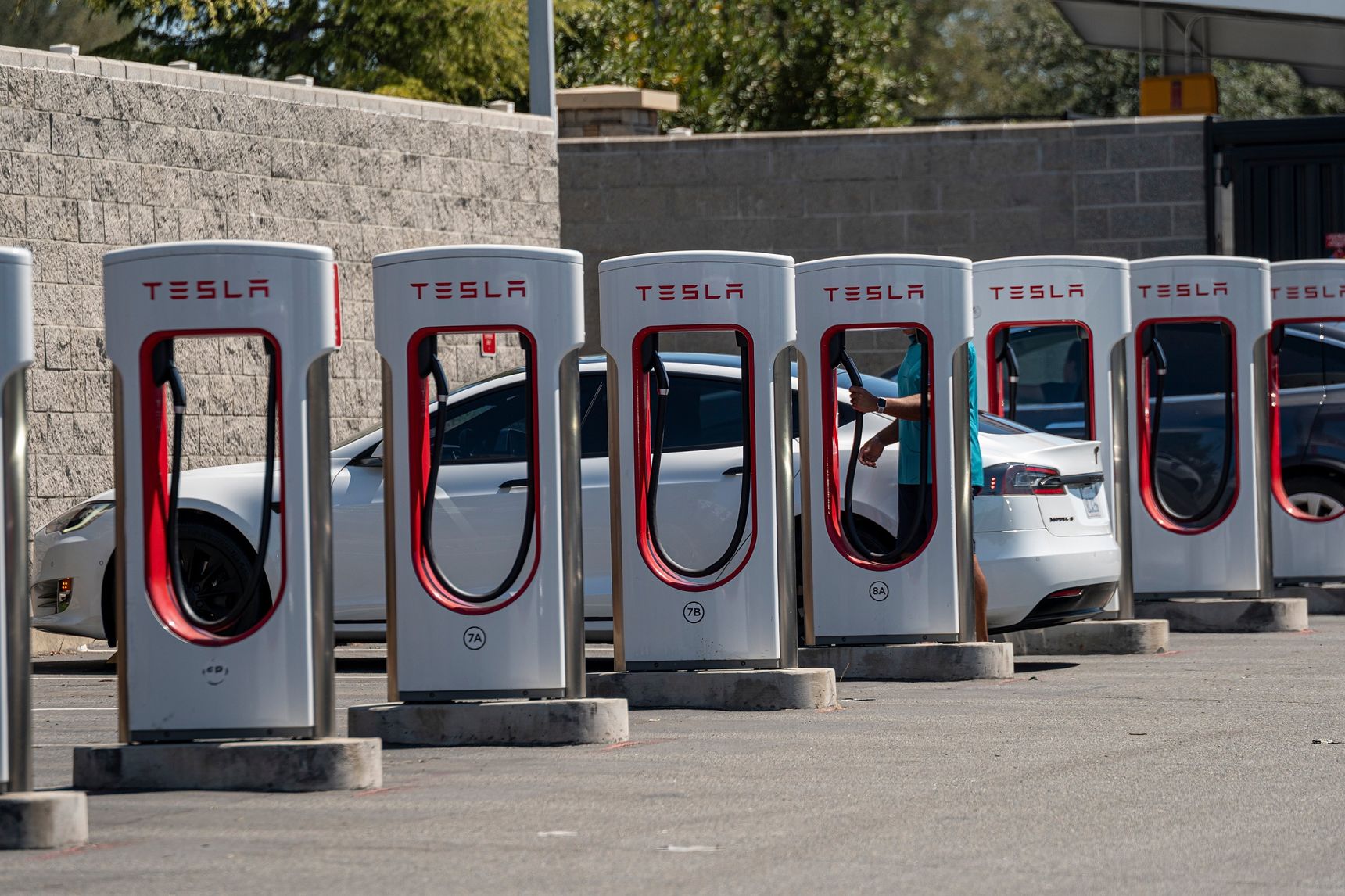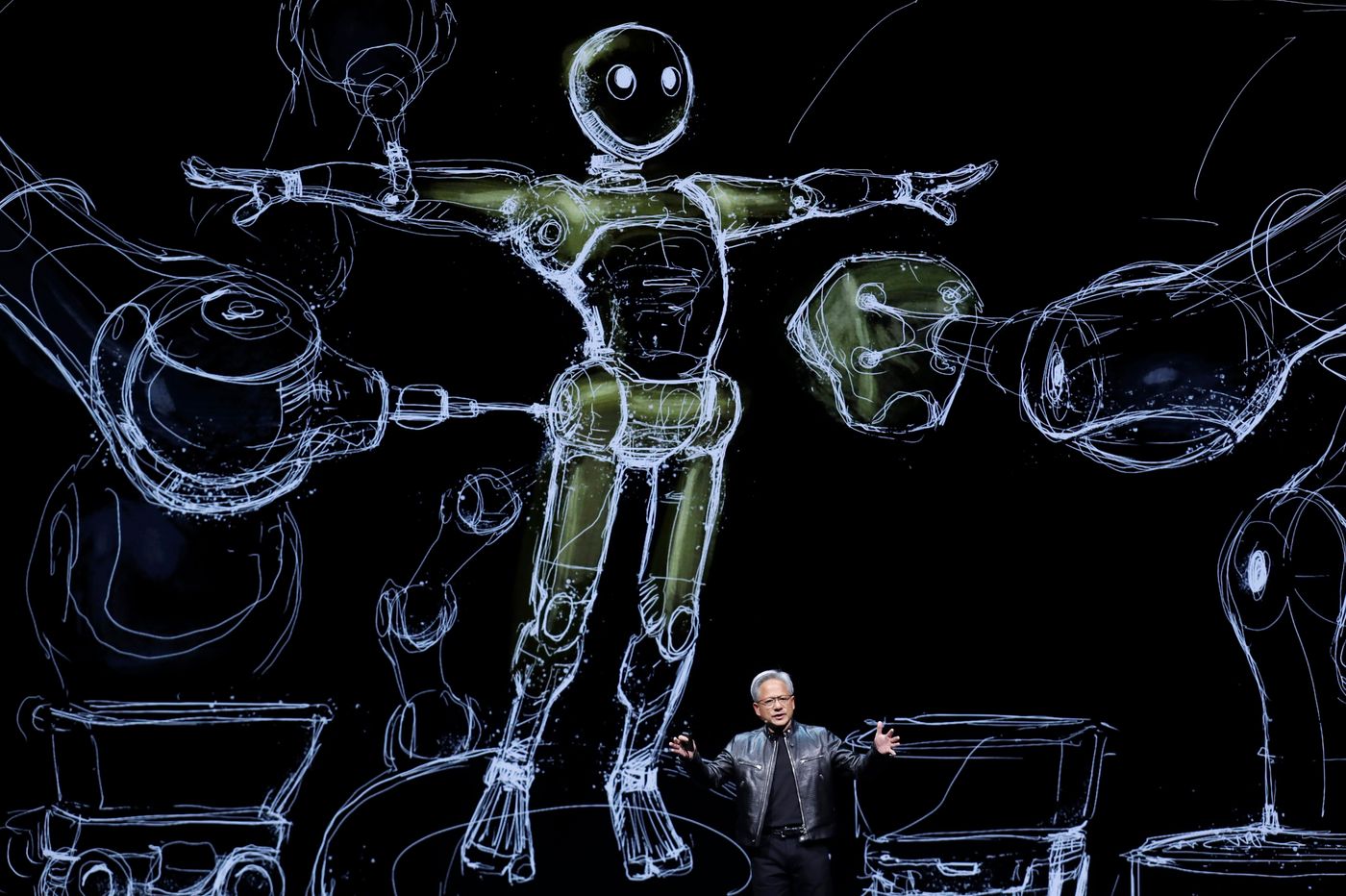Is Tesla the Meme Stock of Yesteryear?
Just as Elon Musk’s firm begins to look fundamentally more solid, investors have moved on to other speculative objects.
For years, Tesla stock charged ever-higher despite weak operating results. So far in 2021, that pattern has reversed itself.
Second-quarter results from Elon Musk’s auto maker were the company’s strongest on record. Tesla booked US$11.9 billion in sales and earned $1.1 billion in quarterly profit according to generally accepted accounting principles. Both figures topped analyst expectations. And while Tesla sold $354 million of regulatory credits to rivals, the auto maker would have easily finished the quarter in the black without them. Results were flattered by Tesla receiving certain goods and services from suppliers for which it hadn’t yet been charged, but Mr. Musk still deserves credit for that strong performance.
Tesla managed to deliver more than 200,000 cars in the quarter despite the global semiconductor shortage. And the falling price of bitcoin, which the auto maker carries on its balance sheet for some reason, only resulted in a $23 million hit to the bottom line.
But while Tesla’s actual business has lately come of age, the stock isn’t playing along. It was slightly higher on Tuesday morning, had dropped 9% so far this year and is down by more than a fifth over the past six months, lagging bigger rivals like Ford and General Motors. Meme stock aficionados, who couldn’t get enough of Tesla until recently, seem to have moved on to cryptocurrencies, brick-and-mortar video-game retailers and movie-theatre chains.
One reason: Tesla’s excellent results underscore how disconnected its valuation is from business reality. Tesla has earned $1.41 a share so far this year. If the auto maker continues to shine in 2021, it might earn $4 a share on a GAAP basis. At the current stock price, the company is valued at more than 150 times that still-hypothetical earnings figure—orders of magnitude higher than any comparable rival.
And the news wasn’t entirely positive on Monday: Tesla said its semitrailer truck, which Mr. Musk first showed to the public in 2017, wouldn’t begin production until next year. Given Tesla’s decade-long track record of overpromising on timelines, investors shouldn’t be expecting even this new guidance to hold up.
Meanwhile, rivals such as Ford, General Motors and Volkswagen are developing electric offerings of their own. And startups, including Lucid Motors, give investors more options to speculate on an electrified future.
Tesla seems to have put its most turbulent days behind it. That doesn’t preclude a bumpy ride for its shareholders in the future.
Reprinted by permission of The Wall Street Journal, Copyright 2021 Dow Jones & Company. Inc. All Rights Reserved Worldwide. Original date of publication: July 27, 2021
 Copyright 2020, Dow Jones & Company, Inc. All Rights Reserved Worldwide. LEARN MORE
Copyright 2020, Dow Jones & Company, Inc. All Rights Reserved Worldwide. LEARN MORE
This stylish family home combines a classic palette and finishes with a flexible floorplan
Just 55 minutes from Sydney, make this your creative getaway located in the majestic Hawkesbury region.
Continued stagflation and cost of living pressures are causing couples to think twice about starting a family, new data has revealed, with long term impacts expected
Australia is in the midst of a ‘baby recession’ with preliminary estimates showing the number of births in 2023 fell by more than four percent to the lowest level since 2006, according to KPMG. The consultancy firm says this reflects the impact of cost-of-living pressures on the feasibility of younger Australians starting a family.
KPMG estimates that 289,100 babies were born in 2023. This compares to 300,684 babies in 2022 and 309,996 in 2021, according to the Australian Bureau of Statistics (ABS). KPMG urban economist Terry Rawnsley said weak economic growth often leads to a reduced number of births. In 2023, ABS data shows gross domestic product (GDP) fell to 1.5 percent. Despite the population growing by 2.5 percent in 2023, GDP on a per capita basis went into negative territory, down one percent over the 12 months.
“Birth rates provide insight into long-term population growth as well as the current confidence of Australian families,” said Mr Rawnsley. “We haven’t seen such a sharp drop in births in Australia since the period of economic stagflation in the 1970s, which coincided with the initial widespread adoption of the contraceptive pill.”
Mr Rawnsley said many Australian couples delayed starting a family while the pandemic played out in 2020. The number of births fell from 305,832 in 2019 to 294,369 in 2020. Then in 2021, strong employment and vast amounts of stimulus money, along with high household savings due to lockdowns, gave couples better financial means to have a baby. This led to a rebound in births.
However, the re-opening of the global economy in 2022 led to soaring inflation. By the start of 2023, the Australian consumer price index (CPI) had risen to its highest level since 1990 at 7.8 percent per annum. By that stage, the Reserve Bank had already commenced an aggressive rate-hiking strategy to fight inflation and had raised the cash rate every month between May and December 2022.
Five more rate hikes during 2023 put further pressure on couples with mortgages and put the brakes on family formation. “This combination of the pandemic and rapid economic changes explains the spike and subsequent sharp decline in birth rates we have observed over the past four years,” Mr Rawnsley said.
The impact of high costs of living on couples’ decision to have a baby is highlighted in births data for the capital cities. KPMG estimates there were 60,860 births in Sydney in 2023, down 8.6 percent from 2019. There were 56,270 births in Melbourne, down 7.3 percent. In Perth, there were 25,020 births, down 6 percent, while in Brisbane there were 30,250 births, down 4.3 percent. Canberra was the only capital city where there was no fall in the number of births in 2023 compared to 2019.
“CPI growth in Canberra has been slightly subdued compared to that in other major cities, and the economic outlook has remained strong,” Mr Rawnsley said. “This means families have not been hurting as much as those in other capital cities, and in turn, we’ve seen a stabilisation of births in the ACT.”
This stylish family home combines a classic palette and finishes with a flexible floorplan
Just 55 minutes from Sydney, make this your creative getaway located in the majestic Hawkesbury region.






















